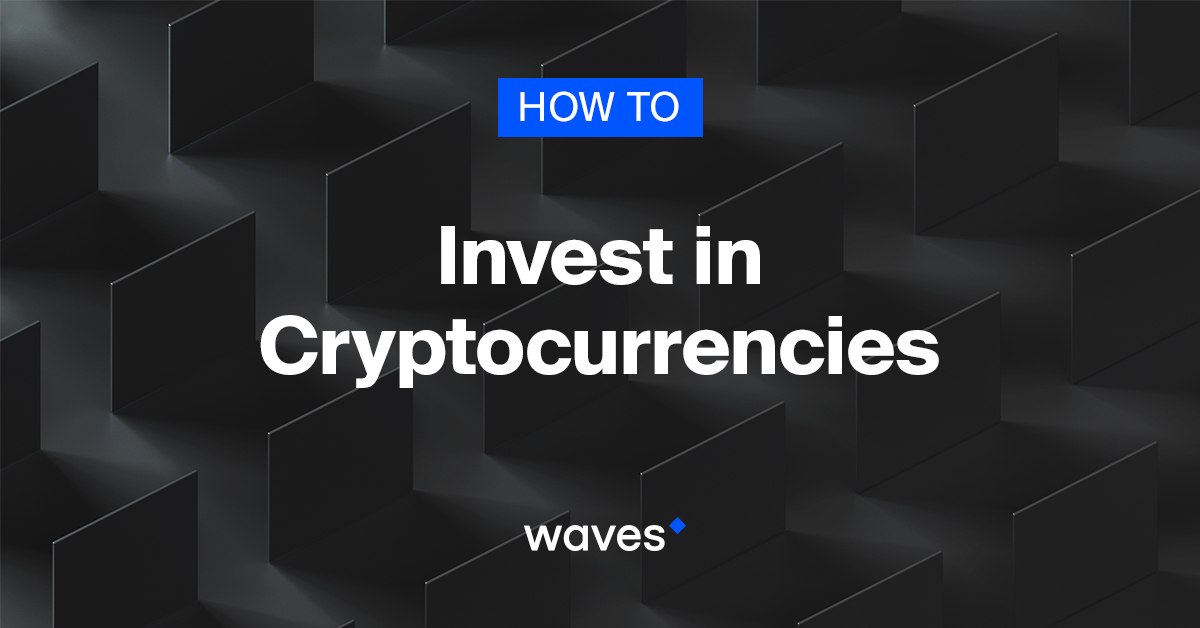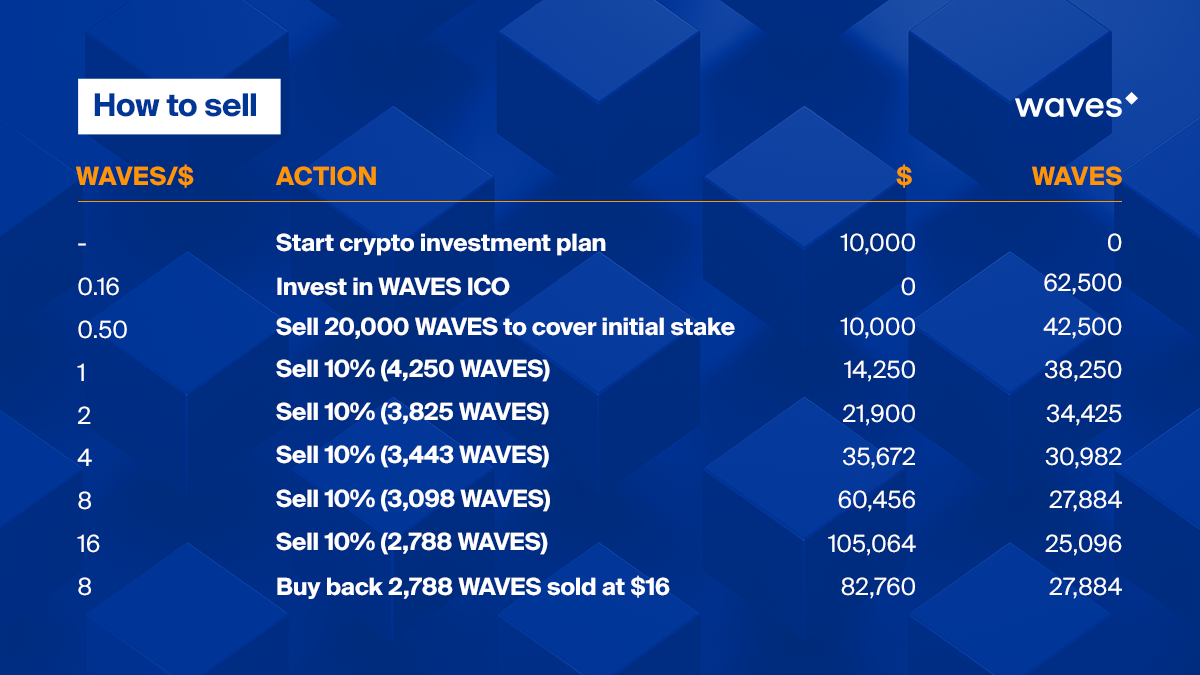
Trading is fine if you know what you’re doing, but most people don’t. ‘HODL’ is a meme in the crypto world for a reason. It’s the guys who have bought and held for years through the peaks and crashes and back to the peaks again who have made 100x, 1,000x or even 10,000x returns.
If there’s a single word that encompasses the ultimate crypto investment strategy, it’s ‘HODL’. Despite what regulators and badly-informed news commentators have been saying, this isn’t an acronym for ‘Hold On for Dear Life’. It’s a spelling error by a guy on the bitcointalk forum who was too drunk to type straight. In a now-famous thread from December 2013 entitled ‘I AM HODLING’, GameKyuubi writes:
I type d that tyitle twice because I knew it was wrong the first time. Still wrong. w/e. GF’s out at a lesbian bar, BTC crashing WHY AM I HOLDING? I’LL TELL YOU WHY. It’s because I’m a bad trader and I KNOW I’M A BAD TRADER. Yeah you good traders can spot the highs and the lows pit pat piffy wing wong wang just like that and make a millino bucks sure no problem bro.
The thread became legendary and the HODL mentality captured the hearts of many early bitcoin owners. Forget what the markets are doing. Ignore the day-to-day volatility. Sit tight and just wait, because a deflationary asset that’s just coming to the attention of the masses has only got one way to go in the long term.
It’s a strategy that has worked extremely well for crypto investors who have had the guts and patience to wait for a couple of years, and ideally longer. Most day-traders lose money. A handful of really good traders might make great profits. But the guys who put in $1,000 and now hold $1 million in crypto? They’re the ones who had the nerve to HODL.
If you’re up for that approach, there are at least two questions to figure out: when to buy, and when (or even whether) to sell.
How to buy
If you’re a true HODLer, it doesn’t matter too much when you buy. The whole idea is that you can’t second-guess the market in the short term. Look at it this way: those who bought BTC at $250 in April 2013 kicked themselves in May but were sitting on 400% gains 6 months later. Those who bought at $1,000 in November 2013 and held would have seen their investment crash by 80% in subsequent months, but if they sat tight they will currently be posting 1,000% gains, as bitcoin is now above $10,000.
The golden rule is never to invest more than you can afford to lose or might need to access, since you’re never sure what the market will do in the short term — and this is still a very new set of technologies that could be impacted by all kinds of technical, regulatory and geopolitical factors.
If you want to take a more measured approach, simply buy small amounts on a regular basis, an approach known as dollar-cost averaging. When you’ve reached your target, or feel you’ve spent enough fiat, sit tight and HODL. Forget about your crypto investment to whatever extent you can. Lock it in a bit of your brain behind a door that says ‘No Entry’. Put it in cold storage. Don’t give in to the temptation to panic sell if it’s crashing, or to panic buy more if it’s taking off — that’s trading, not HOLDing, and there’s a good chance you’ll end up getting burned. And please, whatever you do: store your crypto securely. Don’t keep it on an exchange (which you must choose wisely anyway). You’ve invested money in it, now invest some time and effort in keeping it safe for the long term.
How to sell
Assuming a sufficient amount of time has passed and your investment is up by a healthy amount, you may be faced with the dilemmas of if, when and how much to sell. How you decide that will depend on your broader investment strategy. One common approach is to sell a third of your stake when the value has tripled, or 20% when it goes 500%. That way, you get back the cash you originally put in and the rest is ‘free’. You can put the original stake into something else to diversify your portfolio, if you choose.
From then on, a good option is to unload a certain percentage of your remaining stake at given intervals — for example, sell 10% on a double. That way, you never sell everything, and so you’ll never be kicking yourself for going all-out if the price continues to rocket up. Similarly, you can buy back your original stake if the price falls. If you started with $10,000 and invested in WAVES (which you should), your activity might look like this:

Note that this plan reflects real market movements and is what actually would have happened if you had invested $10,000 in the WAVES ICO and held, selling small proportions on the way up and buying back on the dips. Whilst you could have made more if you’d held everything, there’s a lot to be said for de-risking and diversification — as well as having some spare cash to buy that Tesla Roadster you’ve always wanted…
If you don’t like this approach, you can just buy and hold, cashing out a little here and there to pay for Teslas and other vital expenses. You could, for example, commit to selling no more than 1% of your total crypto holdings per month, smoothing out the ups and downs for the sells just as you did by dollar-cost average buying (only at a much higher price).
One thing to remember. If you’ve managed to HODL strong and make it this far, don’t risk everything at the last moment by selling your coins on some shady exchange. Use a secure and reliable platform like the Waves DEX.
And lastly, drive safe. Those things are fast.
Join Waves Community
Read Waves News channel
Follow Waves Twitter
Subscribe to Waves Facebook
